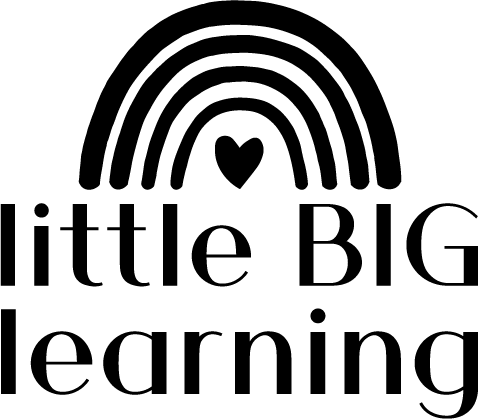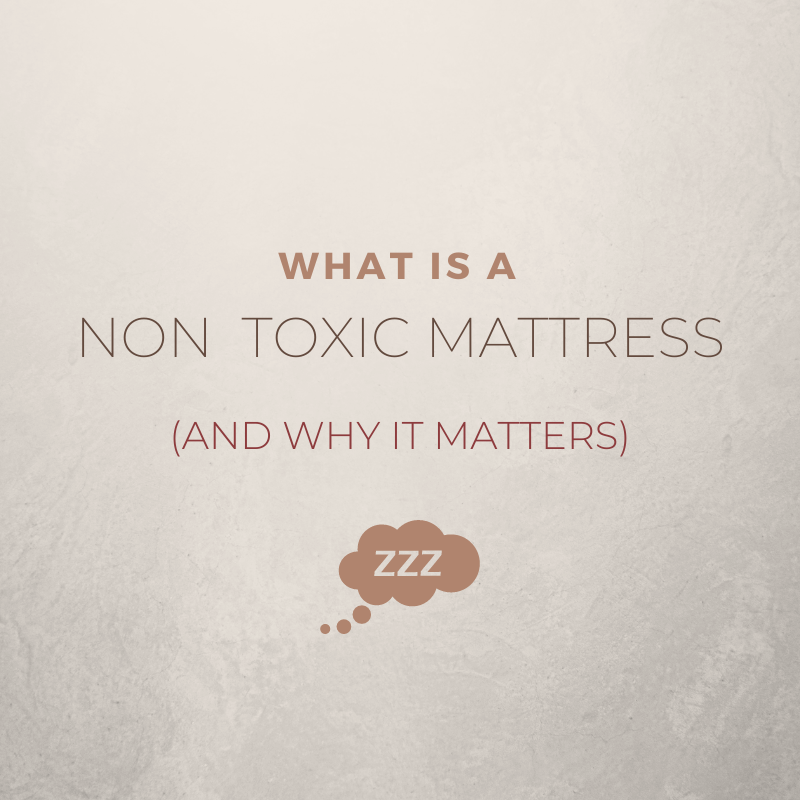 Mandy Richardson is an Early Childhood Educator with a Masters in Human Services (Childhood Studies) and is currently undertaking a PhD in Respectful Parenting in the early years. She runs facilitated play sessions in Perth WA as well as home and skype based consults for parents wishing to better understand respectful parenting methods and how they can bring harmony to the home.
Mandy Richardson is an Early Childhood Educator with a Masters in Human Services (Childhood Studies) and is currently undertaking a PhD in Respectful Parenting in the early years. She runs facilitated play sessions in Perth WA as well as home and skype based consults for parents wishing to better understand respectful parenting methods and how they can bring harmony to the home.
Written by Mandy Richardson
If you have a toddler, then you know young children are naturally curious and eagerly explore anything within their surrounding environment (#sudocream). If you closely observed a young child engaged in self-initiated activity you would not need to be convinced that children are born with an innate drive to experiment, and they are inwardly motivated to repeat actions (for example a baby who spends large periods of time exploring their own hand, progressing to their feet and then anything within their grasp).
Children are capable of self-education, and when provided with a carefully set environment and opportunities to engage in self-directed play, can continue to be internally motivated, independent learners for life. Three early childhood specialists Dr. Maria Montessori, Dr. Emmi Pikler and infant specialist Magda Gerber, who spent a large majority of their life’s work observing young children all share a central theme regarding what children need for their optimal development – freedom to just be!
Widely distributed research regarding the first vital years of life encourages parents to not miss any opportunity to boost those early brain connections by providing children with ample stimulation! While I agree with the great advancements in the field of early childhood to promote brain developments, in the day and age in which we live adults and children alike are experiencing sensory bombardment with endless activities and entertainment around every corner. One vital aspect I believe we need work at preserving, is making space for your children to do what they do best- be free to just be.
The value of freedom within consistent limits has many benefits to the child’s overall development.
Freedom to move
Physical movement promotes the development of neural motor and sensory pathways, spatial awareness and allows access to the surrounding environment for experience with various sensory stimuli. Quite often during the most significant phase of their physical development, children can forego opportunities to move as they are transferred from car seat, to highchair, to cot, to laps, to baby carriers and so on. Yet, even with less opportunities to move, our society puts pressure on them more than ever to meet ‘those’ milestones – “has your child rolled, sat, crawled, stood, walked??”
By intentionally allocating time for even young babies to move freely in a safe prepared space, they can develop at their own pace, and in their own time, and practice vital transitionary movements, with great benefits to their competence and sense of being.
Freedom to repeat
Children are driven to repeat activities of interest to them, which is a form of mastering skills and is foundational to their development. Repetition helps them to practice, persevere, problem solve and experience a sense of accomplishment.
The freedom to repeat is often interrupted by loving, helpful adults who wish to serve the child, however the best way in which the child can be served is to observe and acknowledge what they are working at - this will greatly support their growing independence.
This often involves allowing them to struggle and feel frustrated as they work at a task of interest, with full sideline empathy and support. Children can be given ample opportunities in a carefully prepared play space (free from toy excess) for uninterrupted repetition.
Freedom to choose
Many people think children are too young to make decisions or that providing freedom of choice means freedom to do whatever they wish. Neither of which are true! Children absolutely thrive on being given clear expectations and boundaries that are at the discretion of a loving adult leader. They also however, especially throughout the toddler years, crave autonomy as the developing will emerges. The provision of freedom within limits offers children the opportunity to both grow in independence and develop self-discipline from within. Freedom to choose can occur throughout day-to-day routines guided by adults’ use of language. Providing at least one space in the home, that is safe and carefully designed, can also allow them the freedom to tune into their own interests and abilities by deciding how to spend their time - this is central to their development of self.







Lovely article but what’s with the perfect playroom????
Nice article. I totally agree!